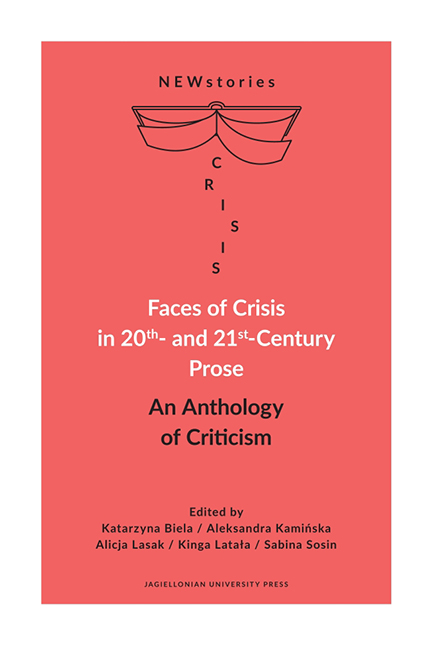Crisis of Identity in Daphne du Maurier’s Rebecca
Published online by Cambridge University Press: 16 July 2022
Summary
Abstract: The essay offers a psychological analysis of the main protagonist in Daphne du Maurier's Rebecca, the second Mrs de Winter. The essay focuses on her life and her relationships with her husband as well as other characters, particularly Mrs Danvers, one of the novel's crucial antagonists. These aspects, in turn, shape the main character's development throughout the novel, a process involving continuous feelings of dread, doubt and the inability to cope in different situations. Mrs de Winter's mental state and her attempts to connect with society, followed by the constant internal struggles she has to face, are of upmost importance to the narrative. The analysis of these major themes is inspired by the psychological and sociological studies on alienation, as well as Sigmund Freud's ground-breaking work on psychoanalysis. Mrs de Winter's behaviour and her aching to find a place where she belongs reveal the underlying themes of solitude, helplessness, and survival.
Introduction
Psychological analyses in literature focus on the mental states of characters and their subsequent behaviour. Daphne du Maurier lays the foundation for such an analysis in Rebecca, one of her most popular gothic romances. The novel offers a psychological insight into the personality of its protagonist, the second Mrs de Winter, revolving around her hardships and inner struggles to fit into society and discover her identity. The main concerns found in the novel are the inner psychological struggles the heroine experiences, especially when it comes to social interaction. Her fear and naivety, among other traits, contribute to a mental breakdown: she is not able to maintain a stable, healthy personality. Her mind is constantly confused as for who she is supposed to be and how she should behave. What is more, some characters make it even more difficult for her to find peace, deliberately confusing her in order to make her even more vulnerable, to the point in which she starts to feel like a victim in the place she should feel secure. Inspired by Sigmund Freud's psychoanalysis and Seeman's studies on alienation, this essay reveals the underlying themes of solitude, helplessness, and survival that consequently contribute to the protagonist's crisis of identity.
- Type
- Chapter
- Information
- Faces of Crisis in 20th- and 21st-Century ProseAn Anthology of Criticism, pp. 51 - 60Publisher: Jagiellonian University PressPrint publication year: 2020



